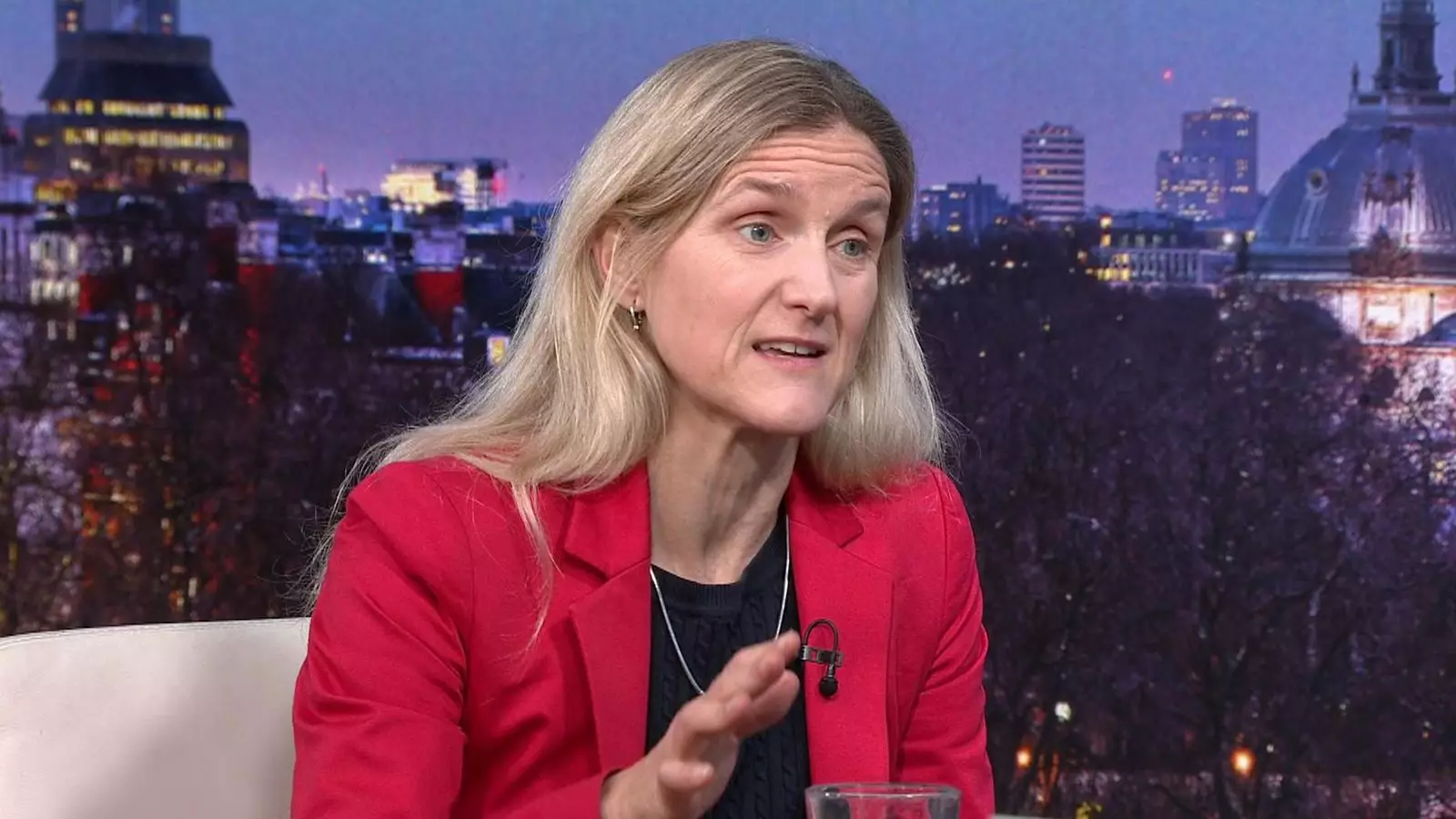The ongoing conversation surrounding assisted dying has taken a significant turn with the introduction of new proposals suggested by Labour MP Kim Leadbeater. The dynamics of the legislative landscape are shifting, as Leadbeater aims to revise existing frameworks and replace traditional judicial oversight with innovative measures. This shift signals a potential paradigm shift in how assisted dying cases are evaluated and sanctioned within the UK’s legal framework. However, as these discussions unfold, they open up a debate centered around ethical considerations, the protection of vulnerable individuals, and the intricate balancing act between autonomy and safeguarding.
Leadbeater’s reformation of the Terminally Ill Adults (End of Life) Bill has raised eyebrows. Initially, the framework mandated that a High Court judge sign off on all requests for assisted dying, but the proposed amendments suggest a more nuanced approach. Instead of traditional court oversight, cases would now be assessed by a multi-disciplinary panel of experts, including healthcare professionals such as psychiatrists and social workers. Leadbeater has described this as a “judge plus” system, reinforcing that the proposed structure seeks to enhance protections against potential coercion, particularly in vulnerable populations.
However, this modified strategy does not come without criticism. Detractors argue that the removal of a High Court judge’s mandatory approval dilutes essential safeguards intended to prevent abuse or undue pressure. Conservative MP Danny Kruger has expressed disapproval, labeling the proposed changes as “a disgrace,” while critics like Labour MP Diane Abbott have dismissed the revisions as hasty and poorly constructed legislation that fails to protect the most vulnerable.
Exploring the Multi-disciplinary Approach
In advocating for a multi-disciplinary approach, Leadbeater emphasizes the value of incorporating diverse professional insights into the decision-making process for assisted dying cases. She asserts that the evidence collected during parliamentary discussions underscores a need for professional collaboration, suggesting that such a structure might yield more compassionate and informed outcomes. However, her perspective raises significant questions regarding the extent to which the new proposals can genuinely ensure that individuals are making informed, autonomous decisions devoid of external pressures.
The proposed establishment of a Voluntary Assisted Dying Commission, which would oversee all applications and be chaired by a High Court judge or a senior former judge, adds an additional layer of scrutiny. This commission would theoretically safeguard against hasty decisions, but critics remain apprehensive. The requirement that two independent doctors submit detailed assessments for each applicant is an essential aspect aimed at verifying the applicant’s mental capacity and wish to pursue assisted dying.
As legislation surrounding assisted dying evolves, the ethical implications of such policies must remain central to the debate. The dignity of choice, especially for those suffering from terminal illnesses, is a poignant argument in favor of assisted dying. Proponents maintain that individuals should have authority over their end-of-life decisions, asserting that the option of assisted dying can alleviate prolonged suffering. Yet, this autonomy must be juxtaposed with the potential for unintended consequences, particularly for individuals with disabilities or mental health conditions that may influence their ability to truly understand their options.
Learning disability charity Mencap has raised аларм about the risks of pushing vulnerable populations toward assisted dying options that they may neither desire nor understand. This concern amplifies the necessity of robust safeguards to ensure informed consent, free of any coercive influences from societal pressures or familial expectations.
The impending parliamentary committee discussions will critically evaluate the proposed revisions to the Assisted Dying Bill. As MPs scrutinize the complexities of this legislation, they must consider both the individual’s right to choose and the moral obligation to protect vulnerable populations. The proposals denote a significant shift in the legislative landscape; however, the ultimate outcome will depend on a comprehensive examination of ethical implications, professional input, and the necessary safeguards to prevent potential abuse. As society grapples with the nuances of assisted dying, the aim should be to find a middle ground that honors patient autonomy while safeguarding the rights and dignity of the most vulnerable individuals.


Leave a Reply